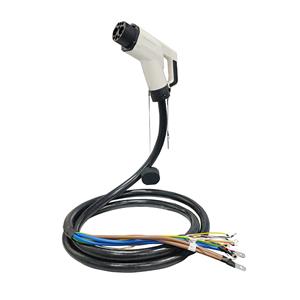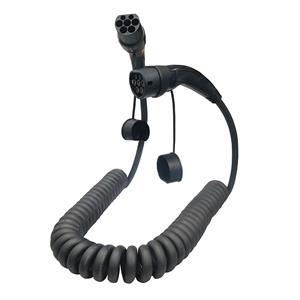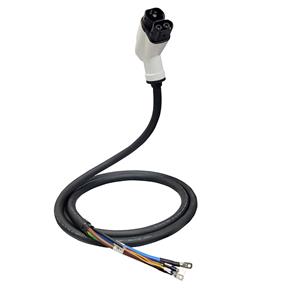The Quality Standards of Fixed Value Shunts
Fixed value shunts, which are widely used in electrical engineering, must adhere to stringent quality standards to ensure their reliability and accuracy. These standards guarantee the shunts' performance, consistency, and longevity, making them suitable for critical applications across various industries. Here are some essential quality parameters manufacturers focus on when producing fixed value shunts:
1. Accuracy:One of the critical aspects is the accuracy of the shunt in measuring current. The resistance value of the shunt should be extremely precise, with tolerances as tight as ±0.1% or even stricter. This accuracy ensures that electrical systems rely on the shunt's measurements without introducing errors.
2. Temperature Stability: Shunts should maintain their performance across different temperature ranges. Manufacturers test them over a broad temperature spectrum to ensure their resistance remains stable, typically within a range of ±0.01% per degree Celsius. This characteristic is vital as electrical systems can experience varied environmental conditions.
3. Long-term Stability: Fixed value shunts should exhibit minimal resistance change over time. Aging tests are conducted to simulate long-term exposure, ensuring that the shunts remain reliable throughout their expected lifespan.
4. Repeatability: The shunt should provide consistent results when subjected to the same current flow in repeated tests. This parameter ensures the measurement's reliability and helps maintain the integrity of electrical systems' performance.
5. Frequency Response: The shunt's performance should remain unaffected over a wide frequency range. This characteristic is essential in applications where alternating current (AC) is involved, ensuring that the shunt accurately measures complex waveforms.
6. Insulation Resistance: High insulation resistance is crucial to prevent current leakage and ensure accurate measurements. Manufacturers test the shunt's insulation to maintain a high resistance value, minimizing any potential interference.
7. Mechanical Robustness: Fixed value shunts should exhibit mechanical durability, resisting physical stresses such as vibrations and mechanical shocks. This attribute is essential in rugged industrial environments.
8. Environmental Considerations:Shunts are often subjected to various environmental factors like humidity and atmospheric conditions. Manufacturers test them under different environmental scenarios to ensure their reliability remains unaffected.
9. Terminals and Connections: The terminals and connections of the shunt are critical in establishing a secure and reliable electrical contact. Manufacturers ensure the quality and suitability of the terminal materials, considering factors like conductivity, corrosion resistance, and ease of installation.
Adherence to these quality standards ensures that fixed value shunts offer reliable performance, making them trusted components in current measurement applications.
SEO Keywords: fixed value shunt, quality standards, accuracy, electrical engineering, current measurement.




